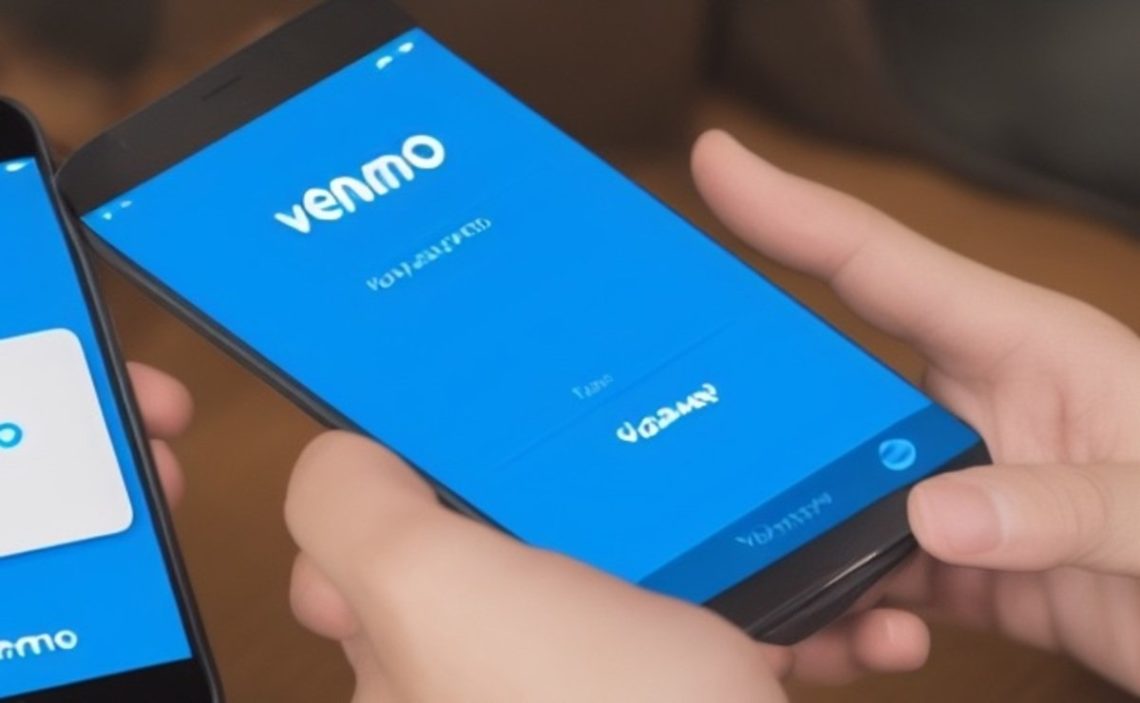Venmo is a popular peer-to-peer payment app that allows users to send and receive money and make payments easily. Although it can only be used for U.S. citizen transactions, it is one of the most popular apps for handling virtual money.
On the other hand, Venmo offers several features related to domestic transactions. Still, it also has some drawbacks regarding its use and several aspects to keep in mind to avoid potential problems that may arise in the future that could affect users’ banking security.
What is Venmo? Is Venmo a bank?
Before we start, let’s briefly explain what is Venmo and how does it work. Many people question whether is venmo a bank account, but this is not the case. Venmo meaning is a widely used mobile payment service that enables users to send and receive money electronically. It provides a convenient way for individuals to split bills, pay friends, and make purchases using their smartphones.
One of Venmo’s distinctive features is its social aspect, allowing users to share payment transactions and engage with friends through comments and emojis, but is Venmo free? Yes! Venmo is a free service for peer-to-peer (P2P) payments, which means you can send and receive money from friends, family, or other individuals without any fees. However, there are some exceptions for Venmo charging fees, which we will explain below.
Do you need a bank account for Venmo?
Now that you know what is venmo used for, it is not necessary to have a bank account to use Venmo, having one or a linked debit card can be beneficial for transferring funds out of Venmo. If you wish to add a bank account to your Venmo profile, you can do so through the app or website.
How does Venmo work?
Venmo connects users’ bank accounts, credit cards, or debit cards to their Venmo accounts. Users can send or receive money from their contacts for a Venmo fee by entering the recipient’s information and the desired amount. Funds are transferred from the sender’s linked account to the recipient’s Venmo account.
Users can keep a balance or transfer funds to their bank account. Venmo also has a social feed for viewing and interacting with friends’ payment activities.
Reasons why you should stop using Venmo
At a time when digitization can be both beneficial and dangerous, many people are wondering whether it is Venmo safe to use. Venmo may be a convenient way to transfer and receive money. Still, security, privacy, and fraud concerns have been detrimental to the company.
Users should be aware of the dangers of the application and use it with caution, as it is unlikely that Venmo’s technical team will be able to resolve an issue in the event of a failed transaction.
Is Venmo safe? How safe is Venmo?
So, why you shouldn’t use Venmo? Well, you shouldn’t use Venmo because the platform has had security issues since its emergence. For more than having password protection, the application does not have two-factor authentication, which is a determinant for this platform to which our money is entrusted. In 2018, Venmo settled with the Federal Trade Commission due to claims of deception towards its users about the privacy of their transfers and available funds.
In addition, user transactions are public, and anyone can see the movements that were made; if you have sent, received, or made any payment, your contacts will know it. Hence, this is another problem with the privacy of the app.

Concerning user privacy, Venmo has a feature that makes it look like a social network, as you can view user payments and transactions. While it might be “fun” to interact and react to your friends’ banking movements, this could have implications for the security of users’ privacy. It is also worth mentioning that Venmo has access to all of its users’ banking and personal information, which could be shared with third parties without authorization.
On the other hand, Venmo has been accused of fraud and scams since virtual fraudsters can request payments from other users posing as friends or family members. Returning to the security policies, if a transaction is made to the wrong person, this money will be lost since Venmo does not give solutions to these events.
Alternatives to Venmo for Money Transfers
Venmo only allows transfers between U.S. users registered with a domestic phone number. Taking this into account, and the above mentioned, several alternatives can be used to avoid running the risks of Venmo, although you can constantly be exposed to any virtual scam.
Some alternatives to Venmo are PayPal or Cash App, which offer the same money transfer services, but have more security and better customer service in case of any inconvenience with the transactions. You can also opt for direct bank transfers since there is less risk of any error.
Does Venmo have a sign-up bonus?
Venmo offers promotional incentives to attract new users to the platform. Those who wish to get free money on Venmo must meet the company’s requirements, both for its users and for the account. Venmo app offers $10 to users who have registered and created an account through an invitation link from a friend or family member. Venmo gives away $10 to new users but not to anyone; restrictions exist.
Among the rules for the user to be eligible for this Venmo referral bonus is the requirement to have a U.S. phone number and to be of legal age (+18). The new user must have a personal account, as the benefit does not apply to business accounts. In addition, the Venmo account must be verified with current and valid payment methods.

However, these offers are only available when the user has transferred at least $5 from their new account. After about seven days from the Venmo sign up, the user will get their $10 reward. Moreover, it is worth mentioning that the offer is valid from March 1, 2024, until December 31, 2024, or until the number of newly registered users (10,000) is reached during this period.
When does Venmo charge you?
Many users wonder what is the Venmo transfer fee and if does Venmo take a percentage. Well, that’s how the capitalist business works. Venmo charges a transaction fee for payments received through its business profile. The Venmo percentage fee is 1.9% of the transaction amount, plus an additional $0.10 per transaction. This Venmo fees for receiving money is applicable to sellers who receive payments through Venmo’s business profile.
Does venmo charge to send money?
Venmo fees to send money are from $0.25 to $1 for instant transfers (within 30 minutes). For credit cards, the Venmo fees are 3% for each payment, except for authorized merchants.
FAQs
How is Venmo’s customer service?
According to Venmo user feedback, customer service is almost non-existent, making it a waste of time (and money) if you’ve made a bad transaction and want to file a complaint with the company. Venmo’s customer service team doesn’t seem very responsive to providing solutions to their users, so this could be stressful and frustrating for those using Venmo and want some answers to questions such as “does Venmo charge fees” or information about Venmo transaction fee.
Does Venmo charge transaction fees?
If you were wondering if does Venmo charge a fee to receive money, here we will tell you the truth. The answer to “does venmo charge a fee” is yes. So, how much does Venmo charge? As much as the company promises promotions and gives money to every new user who has joined the company through an invitation link, Venmo charges transaction fees.
References
- “Here’s Why You Should Stop Using Venmo, and Start Using Facebook Messenger for Paying Back Your Friends | Business Insider India.” Business Insider, March 13 2018, https://www.businessinsider.in/heres-why-you-should-stop-using-venmo-and-start-using-facebook-messenger-for-paying-back-your-friends/articleshow/63276519.cms.
- “Resources – Our Fees | Venmo.” Resources – Our Fees | Venmo, https://venmo.com/resources/our-fees/.
She has a degree in Social Communication (graduated in 2010). Arianna has experience in research and writing about universities, credit cards, procedures and insurance, among other topics related to finance in general.
With more than ten years of experience, she has worked in different local and digital media, writing on various issues related to the economy and international politics. She has also coordinated teams of editors, gaining experience in managing groups.
She was born in Merida, Venezuela. She lived in Wausau, Wisconsin, for 5 years, allowing her to learn English. Being bilingual, she also does research and writing in Spanish.
She has taken TOEFL exams and English proficiency tests (passed), so she is qualified to write texts in English.


